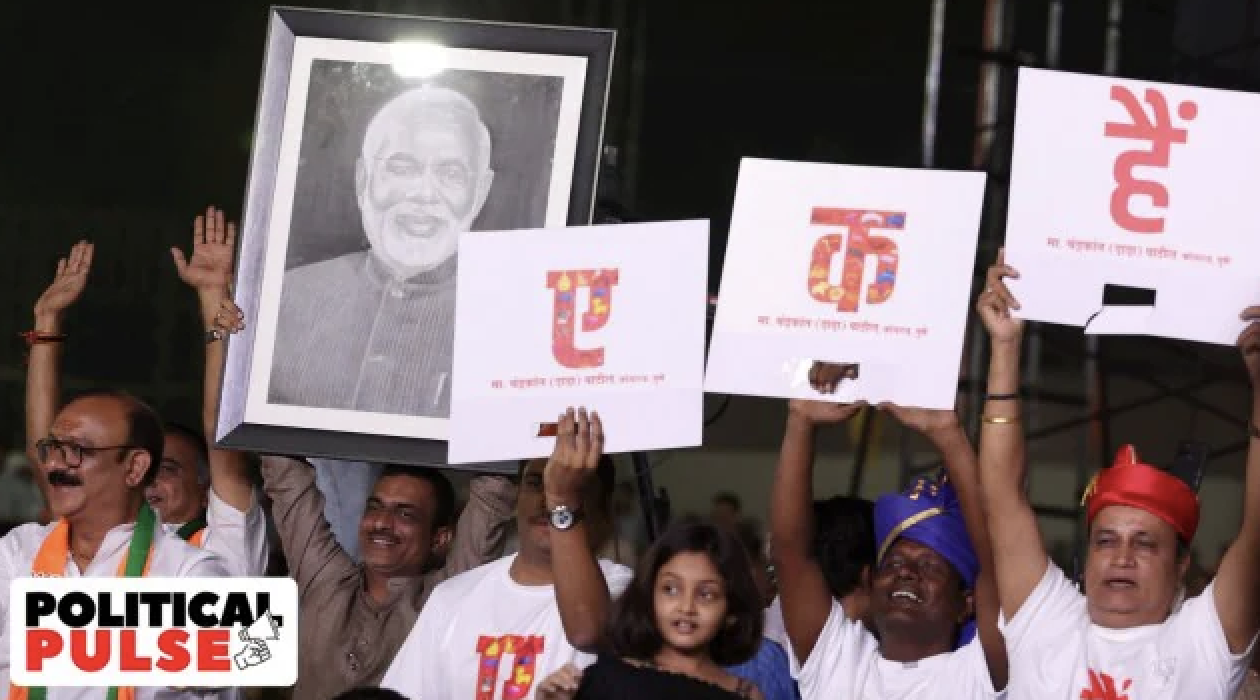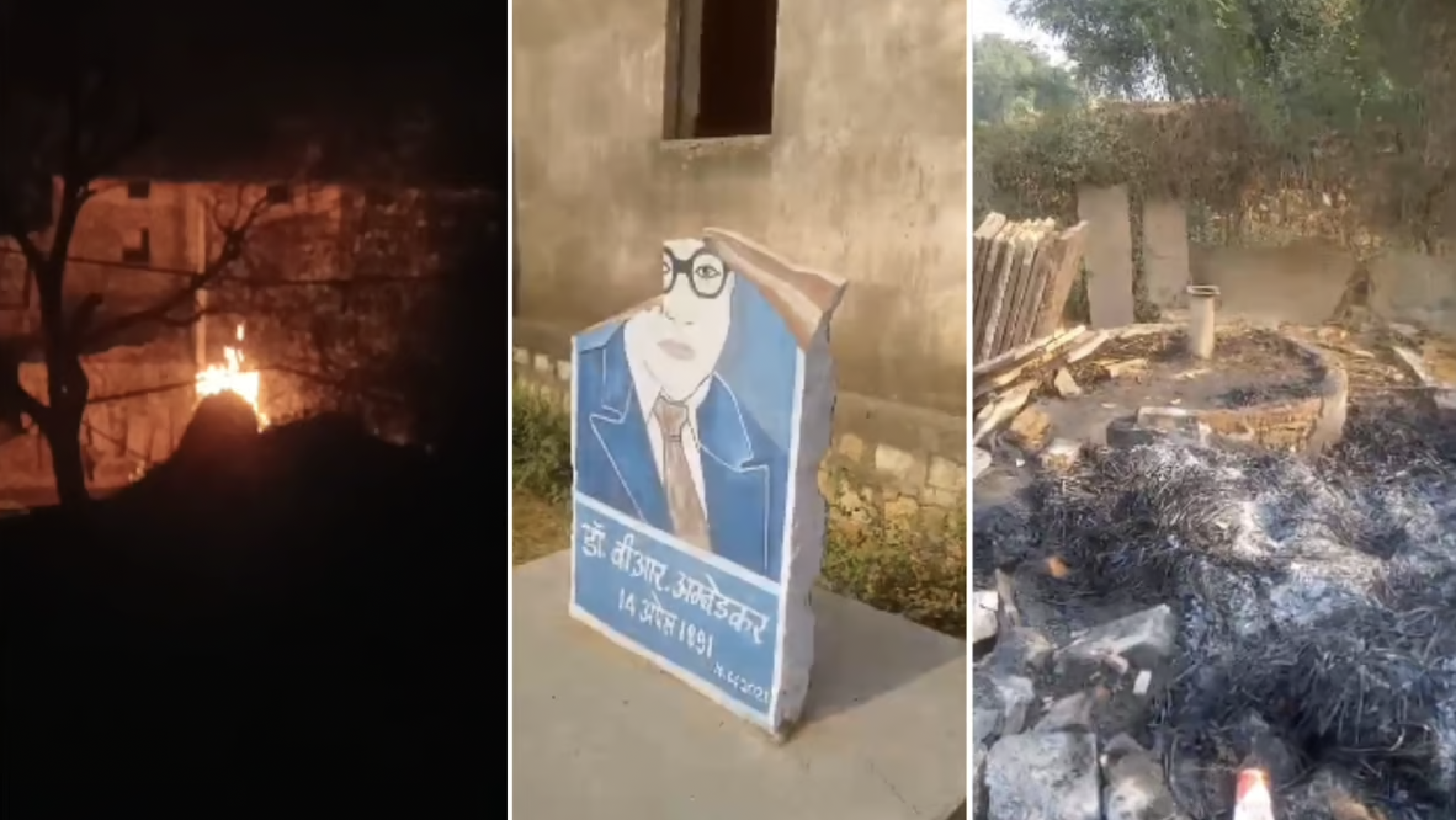
The Union Ministry of Culture recently declared a new museum would be built at Pusad, in the Yavatmal district of Maharashtra, in memory of the 1930 Jungle Satyagraha. Reportedly, it will be dedicated to Dr KB Hedgewar, ‘who led the agitation at Pusad as part of the civil disobedience movement’.
Hedgewar, the first RSS supremo, and some founding members did participate in the Satyagraha. Hedgewar was jailed for nine months, which the British government later commuted. However, this memorial is being justified with the familiar narrative that when the Congress party was in power, it neglected the real heroes of the independence struggle, which the Modi-led BJP government is out to correct with its Azadi Ka Amrit Mahotsava.
But facts speak to the contrary. The Jungle Satyagraha was led by regional leaders such as lawyer, freedom-fighter and Congress member from Nagpur MV Abhyankar, Wamanrao Joshi, a Marathi journalist, playwright, and freedom fighter from Amravati and MS ‘Bapuji’ Aney, an educationist, freedom fighter and founder of the Congress Nationalist Party. Aney also wrote the introduction to Golwalkar’s highly controversial book, ‘We or Our Nationhood Defined’, which the RSS would like to forget.
The rationale to organise this Satyagraha was simple. It was a solidarity action with the historic Dandi Yatra against the draconian British laws that limited people’s access to forests and forest produce. The Maharashtra State Gazetteers (Yeotmal) provides details of the movement: “The forest law was defied in Berar as in other parts of the country. MV Abhyankar and Wamanrao Joshi were arrested for their protests. On 10 July 1930, Bapuji Aney took over the leadership to inaugurate the ‘Forest Satyagraha’. With the party of volunteers, he cut grass from the reserved forests at Pusad at Yavatmal and was arrested. He was charged with the offence of ‘Theft’ under Section 379 and convicted…The Satyagraha started spreading in Central Provinces and Berar. The Gond and other Adivasi tribals, too, participated in thousands.”
Considering this history, is it not appropriate to dedicate the museum to Abhaynkar, Joshi, the thousands of tribals who participated in the Satyagraha and Aney, who resigned from the Legislative Assembly in solidarity with Gandhi’s Salt Satyagraha? Why hand it to the memory of Hedgewar, who desisted from calling his own organisation to join the movement despite prodding by swayamsevaks, whom he actively discouraged from joining?
Biographies of Hedgewar written by votaries of exclusivist Hindutva corroborate his position, recording that he “sent information that the Sangh will not participate in the Satyagraha”. ‘Sangh Vriksh ke Beej: Dr Keshav Baliram Hedgewar’ by CP Bhishikar, published by Suruchi Prakashan in 1994, is considered the official biography of Hedgewar. It has details of what the organisation then thought. He writes, “Mahatma Gandhi had called upon the people to break different laws of the government. Gandhi himself launched Salt Satyagraha undertaking Dandi Yatra. Dr Saheb [Hedgewar] sent information everywhere that the Sangh will not participate in the Satyagraha. However, those wishing to participate individually in it were not prohibited. This meant that any responsible worker of the Sangh could not participate in the Satyagraha.”
Hedgewar joined the Satyagraha not as an RSS man but in his personal capacity. The idea was not that it “could give him an opportunity to get acquainted with patriotic youth from many places… that would greatly help to expand Sangh activities in the future.” These sentences are recorded on page 111 of ‘Hedgewar: The Epoch Maker’, published in 2021, edited by HV Seshadri and published by the Sahitya Sindhu Prakashan.
NH Palkar, who wrote Hedgewar’s biography in Marathi and carries an introduction by MS Golwalkar, the Sangh’s second supremo, throws more light on what Hedgewar told aspiring swayamsevaks keen to join the movement. “‘If you receive punishment for two years, then are you ready for it?’ When these youth showed readiness to undergo this punishment, then doctor [Hedgewar] used to say, ‘Then why not give this much time for Sangh’s work considering that you have been punished by the Britishers?’”
On pages 39 and 40 of the fourth volume of ‘Shriguruji Samagra Darshan—Collected Works of MS Golwalkar in Hindi’ published by Bharatiya Vichar Sadhana, Nagpur, in 1974, is described a similar incident of the RSS under Hedgewar consciously staying away from the freedom struggle. All of these demonstrate the compromising attitude of the Sangh leadership not only during the Jungle Satyagraha but even later.
Hedgewar lived in a unique phase of world history, when old feudal colonialism was crumbling, and a new world was emerging. Yet he yearned for a Hindu rashtra based on the ‘glorious traditions of Hinduism’, which saw Muslims as bigger adversaries than British colonialists. He failed to sense the pulse of history. Stubbornness kept him aloof from the surging anti-colonial struggle. Nor did he chalk out a positive programme for his organisation. Instead, he engaged himself all his life to break emergent Hindu-Muslim unity.
Hedgewar’s involvement in the Jungle Satyagraha was not for the noble aim of opposing the British, nor meant to express his anger against colonial rule. It was to establish contact with youth from the region and “bring them in the RSS fold”.
Whatever the votaries of the Sangh Parivar may claim, a new-look Hedgewar refuses to emerge. It would be a travesty of justice to declare him leader of the Jungle Satyagraha who had no qualms poking fun at the patriots jailed for fighting for the country’s freedom. “Going to jail is today considered a sign of patriotism…There can be no salvation for the country until this type of fleeting emotion gives place to positive and lasting feelings of devotion and sustained efforts,” he said, according to ‘Hedgewar: The Epoch Maker’.
We must put all these facts before the public; they are readily available in the public domain and make it clear that the proposed museum is dedicated to a fictional idea. Such a made-up past would not relive history but silence the real leaders of the movement and effectively make them disappear. Citizens should tell the government that if the museum on Hedgewar is to come up, it should not come at the expense of the public exchequer.
People who yearn to turn India into a Hindu rashtra want to sanitise their founders as great heroes. Their attempts remind of what the third RSS supremo Balasaheb Deoras reportedly said: ‘We missed the bus [of approaching Freedom]’, as cited by a well-known author-journalist in Jansatta newspaper on 28 June 2003. According to the newspaper, Deoras was candid enough to admit that the RSS, though established during the anti-colonial struggle, could not see independence around the corner and was “overwhelmed by events”.
Perhaps Hindutva votaries need to admit that they missed one bus, which left them on the wrong side of history. Now again, their feverish attempts to appropriate icons of the freedom struggle, sanitise some leaders and fabricate others, would also come a cropper.
This story first appeared on newsclick.in





